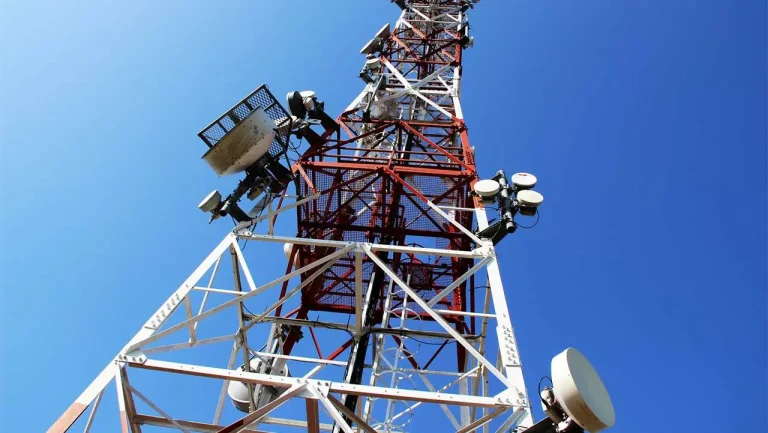Nigeria is preparing to take a big share of the fast-growing Mobile Virtual Network Operator (MVNO) market, which is expected to be worth almost \$142 billion globally by 2030. This was revealed by the Nigerian Communications Commission (NCC).
Speaking at the Telecom Sector Sustainability Forum (TSSF 6.0) in Lagos on Tuesday, August 26, the Executive Vice Chairman of the NCC, Dr. Aminu Maida, said Nigeria has a young, tech-savvy population that gives it an advantage to lead the MVNO space in Africa—if supported with the right investments and regulations.
According to him, MVNOs are more than just telecom operators. They are key drivers of change, with impact in areas like smart farming, digital health, online learning, and financial technology, all of which support Nigeria’s economic growth.
To open up the telecom sector and encourage competition, the NCC introduced the MVNO framework under the Nigerian Communications Act. Since 2023, it has issued 46 licenses across five categories, allowing new operators to use existing mobile networks while offering unique and value-added services.
Some of these new operators are already making progress. Vitel Wireless became the first MVNO in Nigeria to get its own numbering range and connect fully with major networks. EmoSIM also launched Nigeria’s first outbound travel eSIM, giving travelers easy access to international connectivity.
Despite this progress, Dr. Maida noted some challenges, such as pricing issues, interconnection agreements, and limited capacity. In response, the NCC temporarily stopped issuing new MVNO licenses in 2024 to review the market and improve regulations.
Telecom companies have already invested about \$1 billion to expand their networks and support MVNO integration. But Dr. Maida said MVNOs themselves must be bold, identify niche markets, and invest in them to remain sustainable.
In her opening remarks, Bukola Olanrewaju, Managing Editor of Business Remarks and convener of the forum, stressed the need to create a supportive environment for MVNOs. She pointed out that countries like South Africa and Argentina succeeded because of strong regulations, while Thailand failed due to weak enforcement.
She said Nigeria must not only create policies but also enforce them effectively to ensure MVNOs succeed alongside big telecom operators.
Currently, Nigeria has more than 172 million active subscribers, a tele-density of 79.65%, and broadband penetration of 48.81%. With a population of over 220 million people, analysts believe Nigeria is one of the most attractive MVNO markets in the world.
Experts at the forum agreed that MVNOs could reduce telecom costs for consumers, extend digital access to underserved communities, and support new services in areas like finance, education, and entertainment.
Dr. Maida reaffirmed NCC’s commitment, saying the commission will continue to work with industry players to unlock the potential of MVNOs and build a more inclusive and digitally empowered Nigeria.


